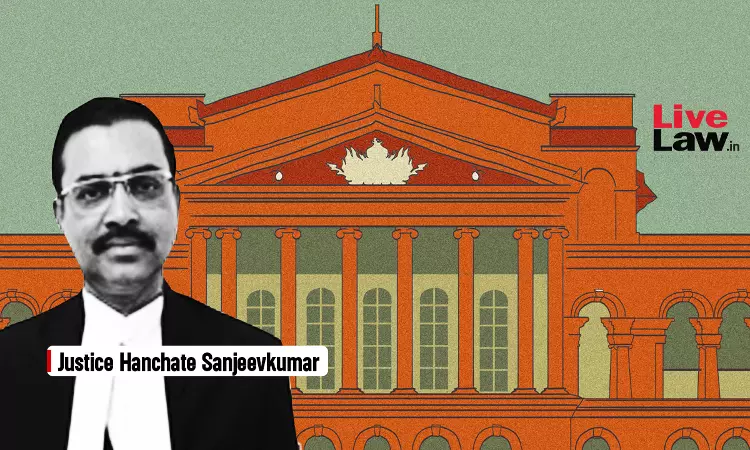'Country Needs Uniform Civil Code' : Karnataka High Court Urges Union & State Govt To Make UCC
Mustafa Plumber
5 April 2025 3:09 PM IST

Next Story
5 April 2025 3:09 PM IST
The Karnataka High Court has made a request to the Parliament and State Legislatures to make every endeavour to enact a statute on Uniform Civil Code, (UCC) to truly achieve the object of the principles enshrined in the Preamble of the Constitution of India. A single judge, Justice Hanchate Sanjeev Kumar said, “The enactment of legislation on Uniform Civil Code as enshrined under Article...
